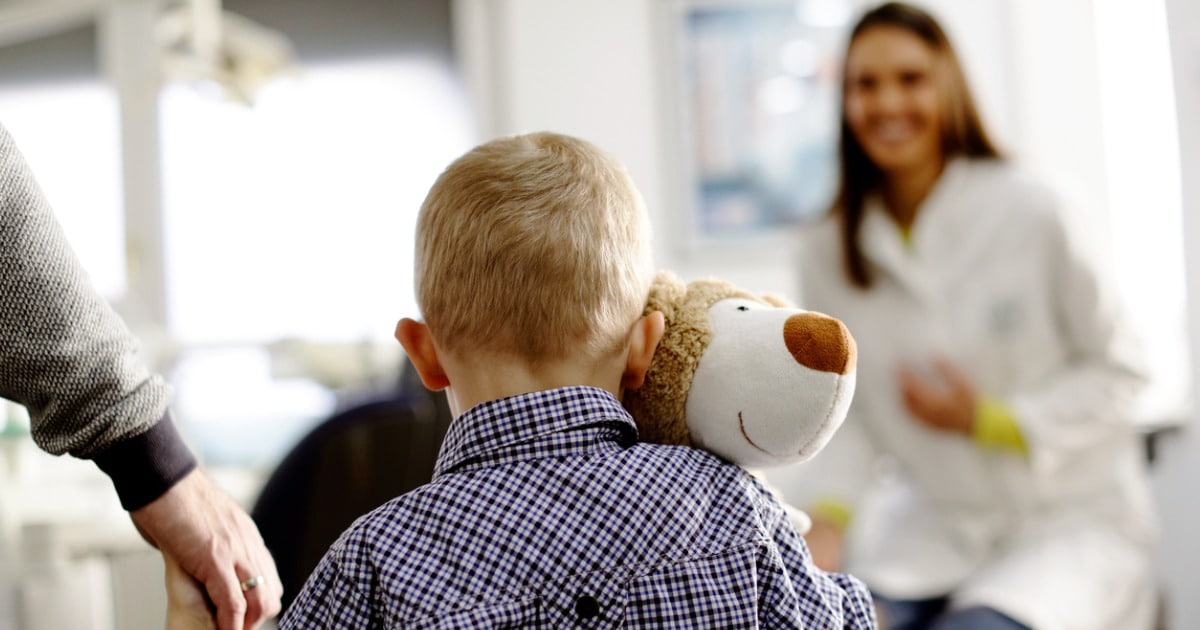As cases of the highly contagious but preventable measles viral infection increase across the U.S. due to delayed childhood vaccinations, CDA reminds dentists to subscribe to local public health alerts and of their responsibility to screen patients for measles and other aerosol-transmissible diseases before providing treatment.
California has confirmed four measles cases year-to-date as of March 13, which already matches the four cases for all of 2023 and exceeds the zero confirmed cases in 2022.
Stanislaus County last week reported its first case of measles – in an unvaccinated child who had traveled outside the country and returned with the infection. Earlier in March, UC Davis Medical Center confirmed measles in an unvaccinated child who also contracted the infection while outside the U.S.
In children, the risk of serious respiratory and neurologic complications requiring hospitalization is especially high, the Centers for Disease Control and Prevention writes in its information for health care providers. People of all ages with compromised immune systems are also vulnerable.
Screening patients in the dental office for symptoms, exposure
Dental office staff may use, but are not required to use, a form to screen patients for measles and other ATDs.
Screening consists of observing patients for signs of illness and asking patients how they are feeling. If symptoms are observed or reported, staff should ask questions to determine if the individual should be at the practice. Staff can reasonably ask a patient or patient’s parent about any recently completed international travel, for example. Patients with suspected or confirmed illness should be rescheduled.
Cal/OSHA aerosol transmissible disease requirements, exemption for dentists
Cal/OSHA regulations require that health care providers follow specific exposure control processes for the flu, measles, chicken pox and other aerosol-transmissible diseases, but because dentists don’t treat symptoms caused by ATDs and don’t perform procedures that the CDC considers cough-inducing, dentists are “conditionally exempt” from those requirements if they comply with all four of these conditions:
- The dental practice does not perform dental procedures on patients with aerosol ATDs or who are suspected ATD cases.
- The dental practice’s Injury and Illness Prevention Plan includes a written procedure for screening patients for ATDs that is consistent with current CDC guidelines for infection control in dental settings, and this procedure is followed before performing any dental procedure on a patient to determine whether the patient may present an ATD exposure risk.
- Employees have been trained in the screening procedure.
- Aerosol-generating dental procedures are not performed on a patient identified through the screening procedure as presenting a possible ATD exposure risk unless a licensed physician determines that the patient does not currently have an ATD.
CDA’s member-only, customizable sample Injury and Illness Prevention Plan covers ATD screening and employee communications on related office policies to comply with No. 2 above.
Also, employee training can be incorporated easily into existing infection control or Cal/OSHA training and does not require a separate course dedicated to ATDs.
Patients who present with measles or other ATD should be rescheduled
CDA Regulatory Compliance analyst Teresa Pichay, CHPC, says since the COVID-19 pandemic, both patients and dental practice workers have been careful not to present at dental practices with flu-like symptoms.
Measles is characterized by high fever, malaise, cough, conjunctivitis and Koplik spots followed by a maculopapular rash that can be observed in patient screening. If a patient’s ATD exposure risk is high due to recent international travel or the patient’s or caregiver’s vaccine hesitancy, dentists should ask if the patient currently has fever, severe cough, chills or other symptoms of an ATD.
“In these cases, the patient should be rescheduled and can be treated once they no longer present a possible ATD exposure risk,” Pichay says.
For all you need to comply, see CDA’s member resource Cal/OSHA Regulation on Aerosol Transmissible Diseases.

